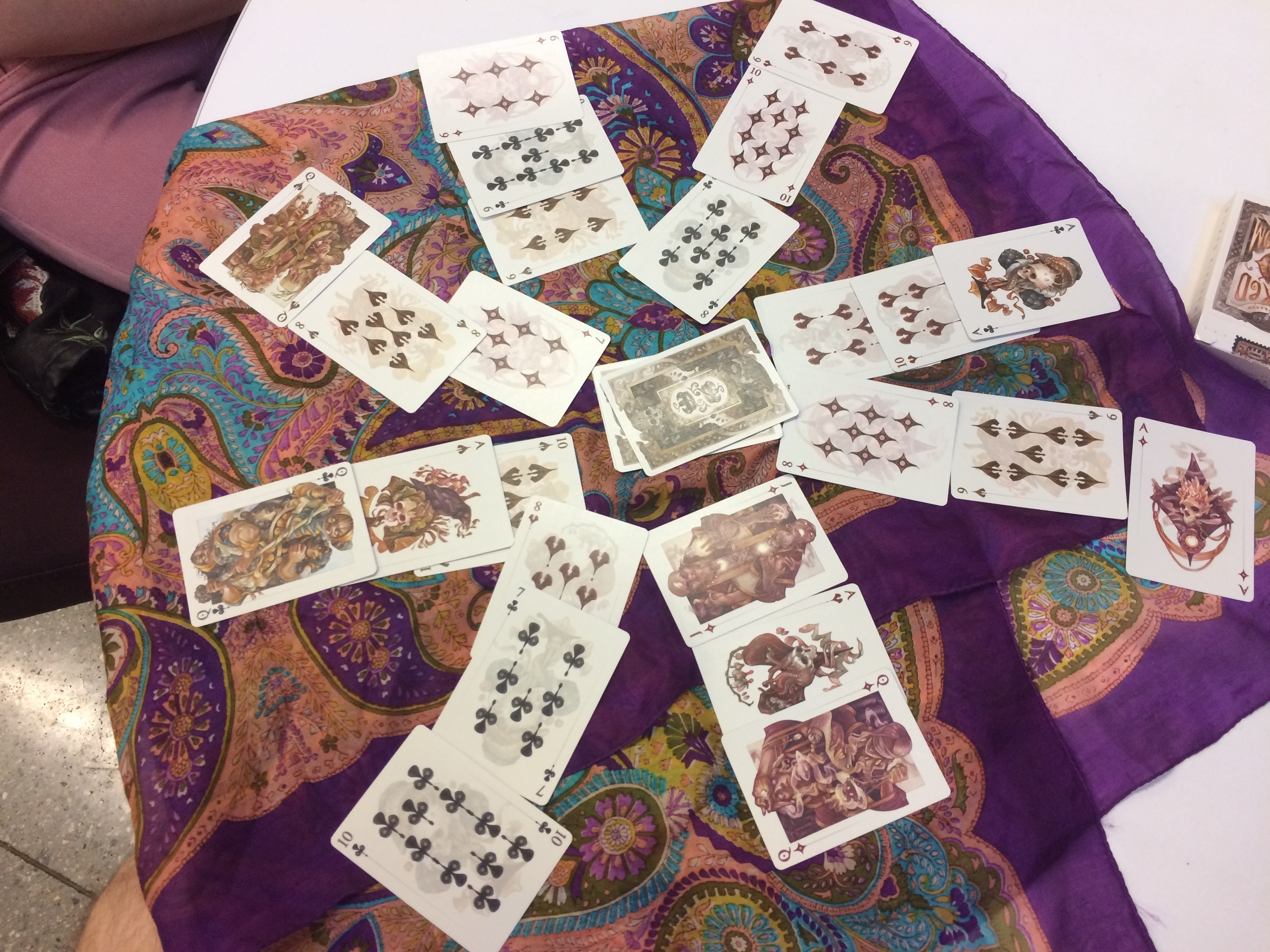Cuban culture in general is incredibly vibrant and colorful. With recent tourism to Cuba rising, foreigners often underestimate how vibrant the buildings, cars, and clothes are in Cuba. And this powerful expression also transfers over into language and proverbs. When visiting home recently, my aunt and grandmother came over to share proverbs and common Cuban vernacular with me.
One such proverb is: “El Camaron que se Duerma se lo Lleva la Corriente”. Phonetically, it’s easy to pronounce since it utilizes the same Latin alphabet.
My aunt knows about this proverb because when they were growing up in Puerto Rico, my grandfather was a constant example of hard work: he became very wealthy in Cuba, lost it to Castro, and gained it back again in both the US and Puerto Rico. When literally translated it says “The sleeping shrimp is taken by the current”, meaning that if not attentive or on top of things, one does not have control. It’s generally a good proverb to know as a reminder for one to continue her studies. It was a constant reminder for my aunt to work hard and be on top of her priorities; a value that was instilled into her and her sisters and eventually down to me and my cousins.
As my aunt mentioned this proverb, my mom, who was also in the room, yelled “Yes, someone needs to tell this chiquito this” (meaning me) because I’m super lazy and need to be more on top of things. Now that my mom was reminded of this proverb, I don’t think I’ll hear the end of it.

